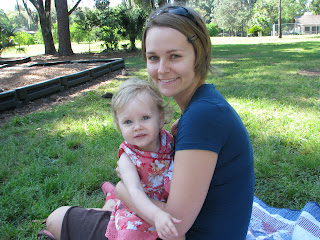 |
| Ausable River, NY, 2011 |
1) The well-being and flourishing of human and nonhuman life on Earth have value in themselves (synonyms: inherent worth; intrinsic value; inherent value). These values are independent of the usefulness of the nonhuman world for human purposes.
2) Richness and diversity of life forms contribute to the realization of these values and are also values in themselves.
3) Humans have no right to reduce this richness and diversity except to satisfy vital needs.
4) Present human interference with the nonhuman world is excessive, and the situation is rapidly worsening.
5) The flourishing of human life and cultures is compatible with a substantial decrease of the human population. The flourishing of nonhuman life requires such a decrease.
6) Policies must therefore be changed. The changes in policies affect basic economic, technological, and ideological structures. The resulting state of affairs will be deeply different from the present.
7) The ideological change is mainly that of appreciating life quality (dwelling in situations of inherent worth) rather than adhering to an increasingly higher standard of living. There will be a profound awareness of the difference between big and great.
8) Those who subscribe to the foregoing points have an obligation directly or indirectly to participate in the attempt to implement the necessary changes.
- Arne Naess and George Sessions
 |
| Maryland, 2012 |
I just LOVE that point 8 is a call to action. So many creeds or mission statements or mottos or (even worse) "company commitments to the environment" are empty. They sound great, but they don't DO anything, or even suggest true, meaningful action.
Obligation.
This is big.
In college, I took a class called Environmental Ethics and Worldviews, taught by Dr. Vogt. I didn't even know what a worldview was when I walked into that class; but I certainly came out with a different one. It was here that I first heard of the concepts deep ecology, environmental racism, environmental feminism, as we were introduced to the ethics and philosophy of how we as a species interact with our biosphere.
 |
| Nestucca, OR, 2008 |
I am worried, yes, but I truly believe that if we could align ourselves even partially with this Deep Ecology Platform, we could change the world. The question is, how necessary do we deem the change?
 |
| Anthony Lakes, OR, 2009 |

